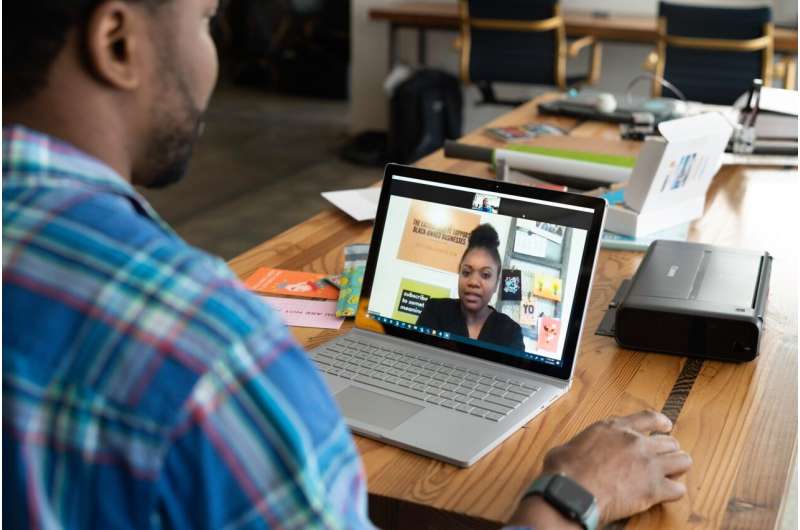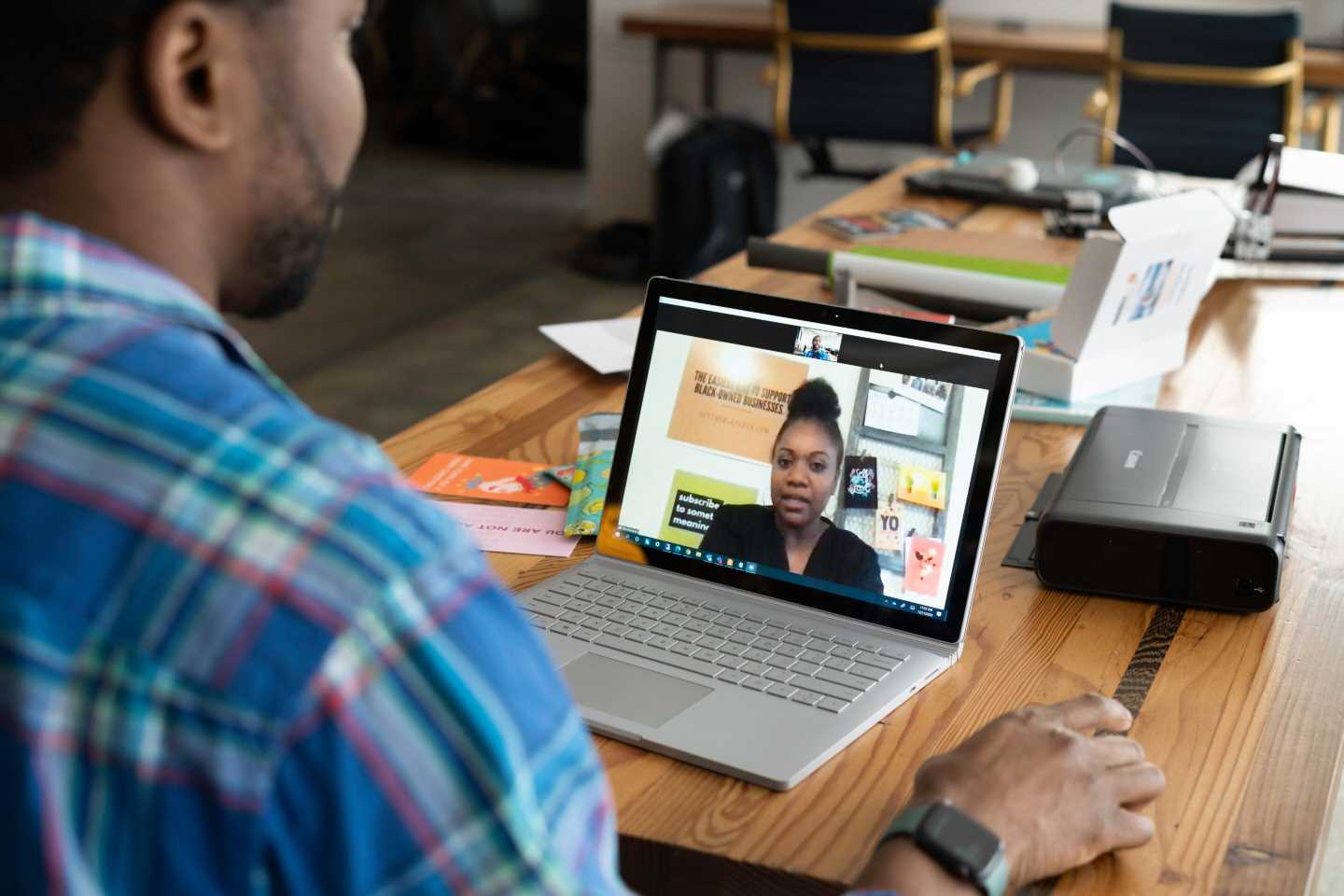
Air pollution is a major health risk that is only getting worse due to climate change. However, many health professionals feel they are not equipped to sufficiently address these impacts.
Published in the journal BMC Medical Education, a University of Minnesota Medical School research team has found that animated short videos are an effective means for disseminating environmental health information to health professionals.
The research team created a two-minute educational video on the health impacts of air pollution and ways to mitigate risks. Between March and June of 2021, more than 200 practicing health professionals and learners viewed the video and took a pre-and post- evaluation survey. After watching the video, participant knowledge of the inequitable health impacts of air pollution significantly increased and their perceived comfort in identifying and counseling at-risk patients also significantly improved.
“Identifying at-risk patients who may be impacted by air pollution and providing counseling is not yet standard practice, and it is also not integrated into medical education. A major barrier is time. We created this video to overcome that barrier,” said Brenna Doheny, Ph.D., MPH, a postdoctoral associate at the U of M Medical School, Duluth Campus. “The results exceeded our expectations. A two-minute video can really make an impact in improving knowledge and confidence in applying that knowledge.”
The team suggests incorporating animated videos into health professional educational programs. Future research plans include evaluating videos as a patient education tool and producing videos on further environmental health topics.
“Minnesotans are already facing the health impacts of climate change. Just in 2023, I’ve taken care of patients admitted with breathing issues from wildfire smoke and worked with farmers to prevent heat strokes,” said Laalitha Surapaneni, MD, MPH, an assistant professor with the U of M Medical School and hospitalist with M Health Fairview. “Given our success, we look forward to creating and studying videos that can be easily accessed by patients.”
Along with Drs. Doheny and Surapaneni, the research team includes Scott Lunos, a senior biostatistician with the Clinical and Translational Science Institute, and Jack Inglis and Karly Boll. Inglis and Boll were medical students at the start of the project and are now residents at Hennepin County Medical Center.
Source: Read Full Article
